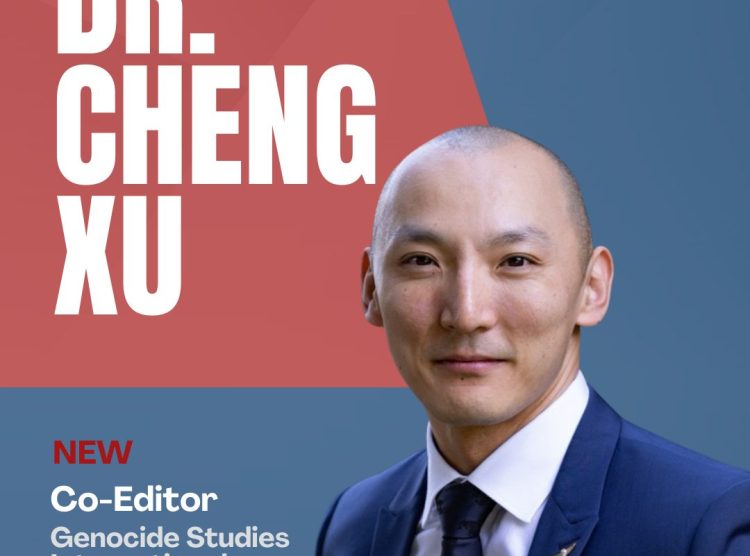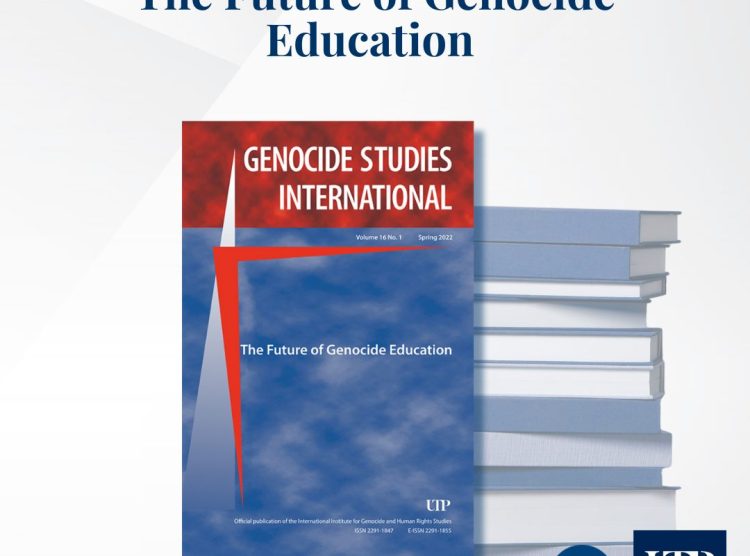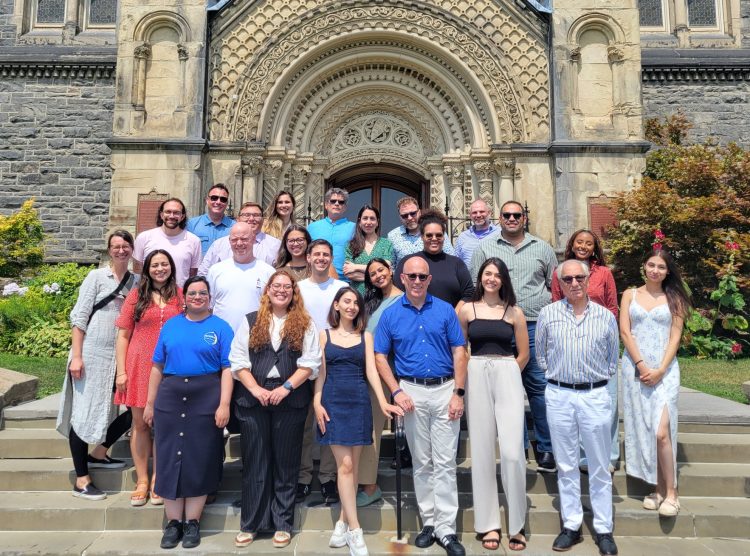Toronto, ON, JUNE 6, 2025 – As the ongoing humanitarian crisis worsens in Gaza, and in keeping with its commitment to offering critical awareness on contemporary issues relating to genocide, mass atrocity, and human rights violation through education, the Zoryan Institute has incorporated Gaza as a highly relevant case study into two units of its 2025 Genocide and Human Rights University Program (GHRUP).
The Institute recognizes the critical need for academic inquiry and analysis through thoughtful, constructive discourse to foster understanding about how international humanitarian laws function. It also acknowledges that our current political moment has given rise to urgent and complex questions: How does International Humanitarian Law (IHL), like the Geneva Conventions, govern armed conflict? Does Israel, as the de facto military power controlling Gaza (according to many international legal interpretations), have the obligation to protect civilians? Does Hamas’ launching of attacks from civilian areas violate IHL by endangering civilians?
The Genocide and Human Rights University Program (GHRUP) is a two-week, 65-hour intensive graduate-level summer course organized by the Zoryan Institute in partnership with the University of Toronto. Established in 2002, the program aims to educate and empower a new generation of scholars, educators, and practitioners in the fields of genocide and human rights studies. It is the only program of its kind that approaches genocide and human rights education holistically and comparatively, and it is recognized for its rigorous scholarship and interdisciplinary pedagogy.
While keeping the foundations and structure of the program consistent since its inception, the Zoryan Institute and the program’s directors take pride in evolving its curriculum to engage with emerging global issues and new scholarly perspectives. This year, the Institute has added a session within the unit “International Law and Genocide,” dedicated to exploring the ongoing crisis in Gaza in the context of international laws and conventions, and a session within the unit, “Artificial Intelligence and Human Rights” exploring the use of artificial intelligence and surveillance in places like the West Bank, Gaza, and Xinjiang, China.






